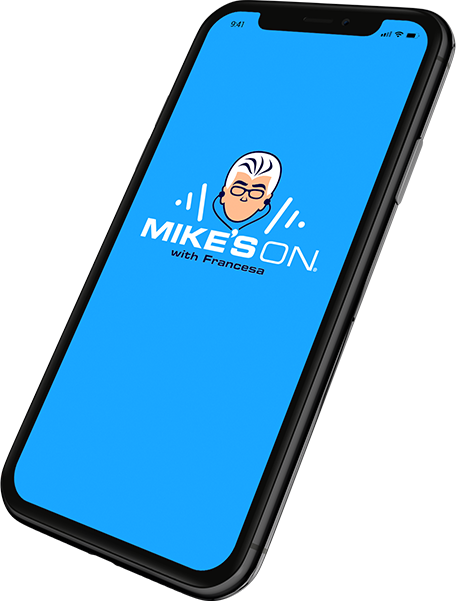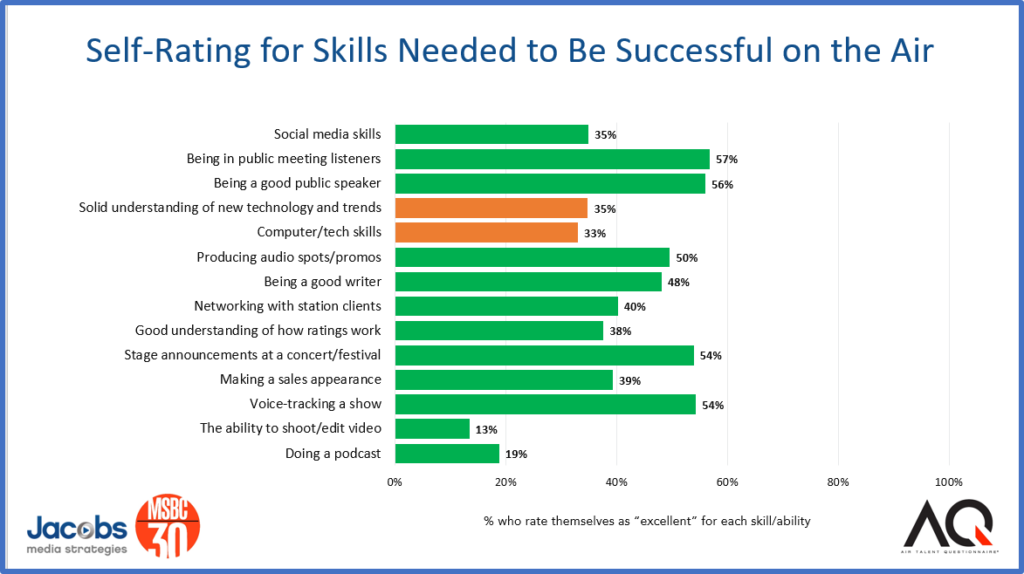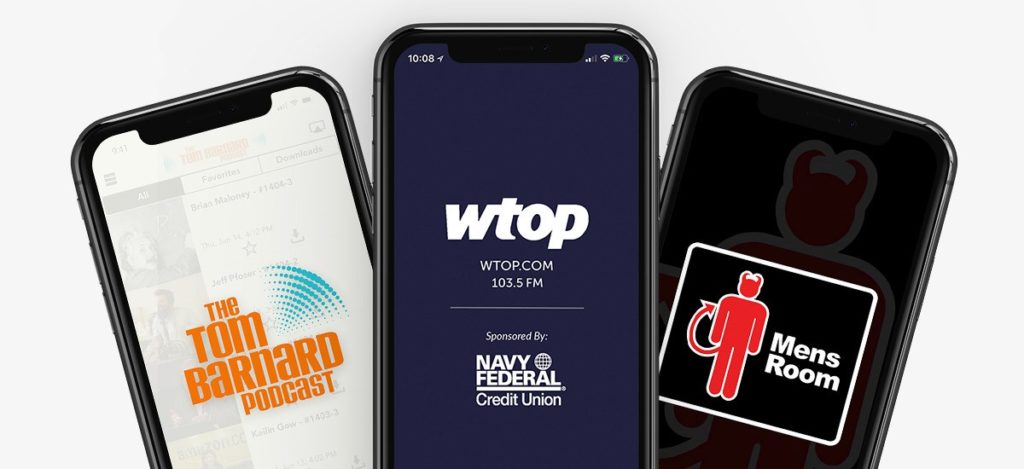
“Apps are the future.”
And with that heady statement, WFAN’s iconic host, Mike Francesa, relaunched his career on New York radio last May.
At that time, Mike also discovered Twitter, something we somewhat sarcastically talked about on this blog. But in many ways, a veteran like Francesa should be applauded for his lean-forward attitude toward technology – and what it means to his career and his brand.
Speaking to The New York Post this week, Francesa was touting his soon-to-be-released mobile app, “Mike’s On.”
The app is designed to be a reflection of Mike Francesa, the brand, the sports talker, the guy. Here’s how he explained its purpose to Post writer Greg Joyce:
“This app will be me. The idea of this app, and that’s the reason I came back and that’s everything we have planned, is this app is about me. It’s going to be me on it all the time. It eventually will be my broadcast home.
“I will be on it, I will be on it all the time, I will be on it at crazy hours, I might be on it at 7 in the morning and I might be on it at 2 a.m. after a big game. So yes, I will be on the app all the time. I promise you, you’ll get sick of me, I’ll be on the app so long.”
Think about it. Even with more than two years left on his contract with WFAN, Francesa is well beyond the planning stages for this next career move. And it will be steeped in digital. Pretty smart for a veteran talent who will be inducted into the National Radio Hall of Fame later in the year.
Last week at Morning Show Boot Camp, I debuted “AQ,” the first talent-on-talent research study in partnership with Don Anthony’s Talentmasters.
One segment of the survey asked talent to rate the importance of various skill sets, followed by their own self-evaluation of those same skills.
Nearly six in ten told us they excel at the eye contact part of their jobs – meeting listeners, public speaking, and stage announcements.
Technology? Not so much. In fact, while six in ten say “a solid understanding of new technology and trends” as well as “computer/tech skills” are very important to their success, they’re not as upbeat about their tech abilities. In fact, when it comes to their own prowess in these critical areas, only about one-third rate their skills as “excellent.”

Francesa’s on the right track. And so is a handful of others personalities that realize if you’re a brand, you need an app.
When jācapps took off nearly a decade ago, that was our guiding philosophy. The “umbrella” concept – exemplified by iHeartRadio – hit Apple’s App Store the same month we launched our mobile app company.
At the time, we were a bit dismayed by the decision to aggregate hundreds of radio stations under the same app banner. We’re brand guys, and our thinking was that competitive radio stations – especially the good ones – deserve their own app. When Jimmy deCastro bought an app for his client, sportscaster Dan Patrick, soon after jācapps launched, we began to start thinking about personality brands.
Over the years, we’ve designed and executed apps for icons like Seth Godin, Tom Barnard, and The Mens Room. Francesa is in good company. Why wouldn’t the biggest and best personalities have their own apps, ideally with content they’re not going to hear on the air?
And for that matter, why wouldn’t the biggest and best station brands have a custom app that reflects their brand essence? Stations like WTOP, WMMR, WDRV, and so many others deserve an app that isn’t grouped together with hudnreds and hundreds of other stations.
You can’t accuse Francesca of being behind of the curve. He may have been slow to get to social media, but he’s now in the vanguard when it comes to mobile apps. His vision about building strong and compelling brands, while giving the audience a unique experience, is instinctively smart. And his plan to create stronger engagement with his loyal fans at all times of the day is just plain logical.

Yes, it costs more for companies to design apps for their individual brands. There is an economy of scale to be had for making a single app for an entire company. But along the way, something gets lost in the homogenization of “umbrella apps.”
If the industry truly believes its future is inextricably tied to building strong local brands with powerful personalities, then representing them attractively in the mobile space is table stakes.
Whether it’s on smartphones, tablets, or in connected cars, radio needs to represent itself proudly in the mobile space, providing great experiences for its fans.
You can argue with Mike Francesa about Tiger Woods, brushback pitches, or preseason football.
But when it comes to mobile apps, he’s right.
- Traveling At The Speed of CES - January 10, 2025
- The One Thing Missing At CES? - January 9, 2025
- AI Your Commercials - January 8, 2025




Leave a Reply